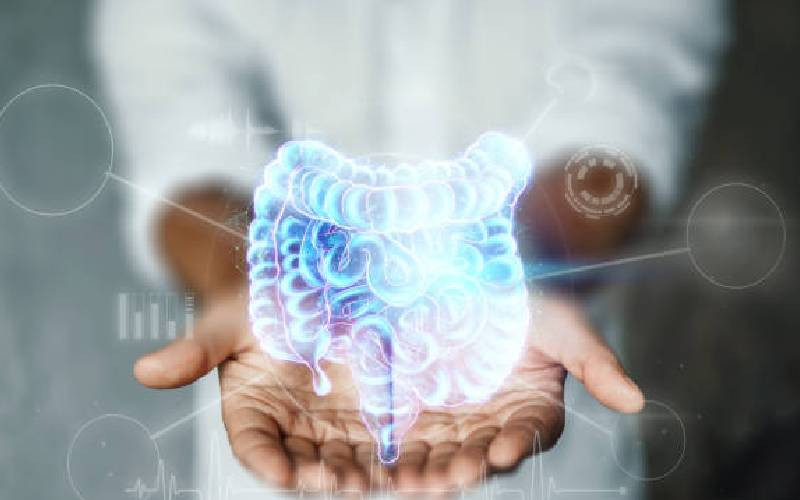×
The Standard e-Paper
Join Thousands Daily

Did you know that the gut is often referred to as "our second brain"? This is because, according to experts, the state of our digestive system affects every aspect of our life, from the moment we eat food to when and after digestion takes place.






